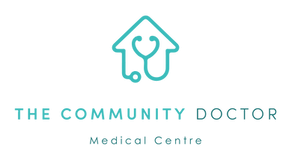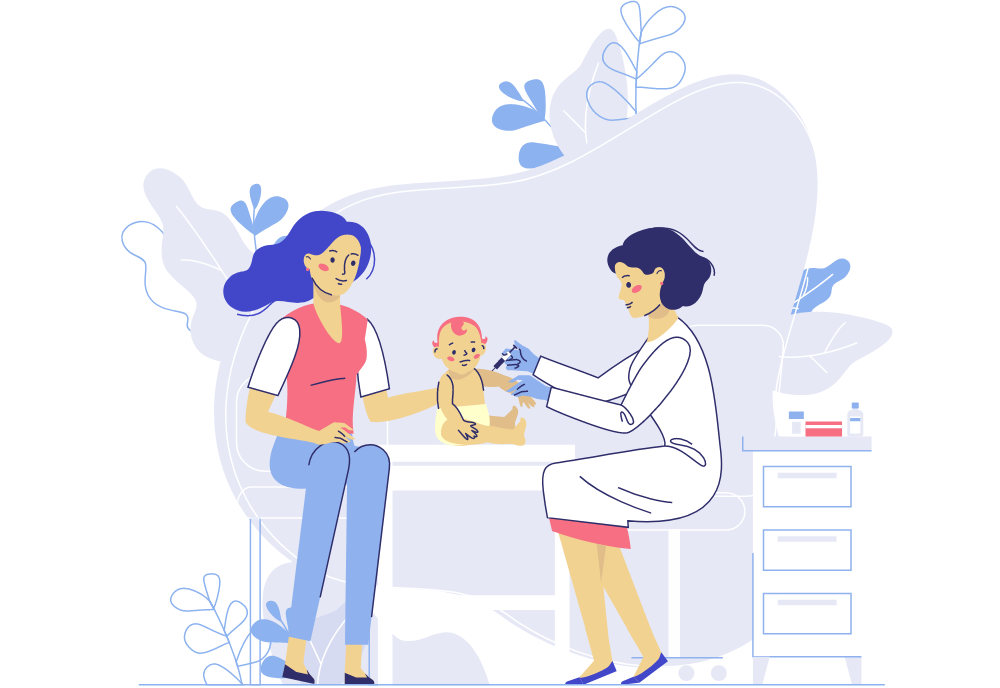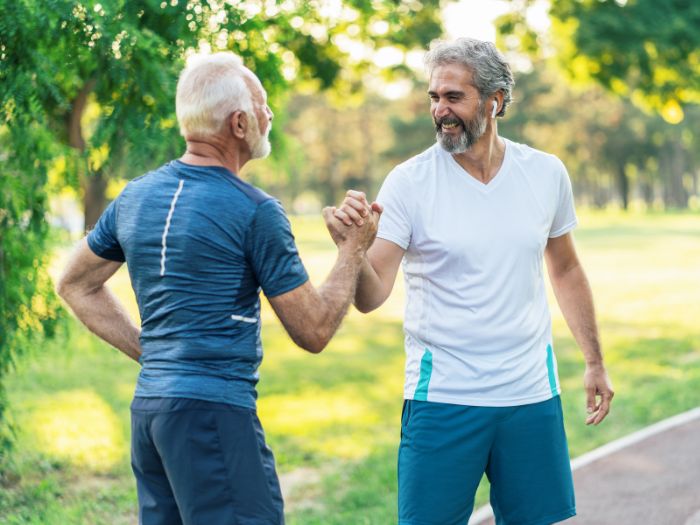Getting sick on holiday: it’s one of those awful situations that are, quite simply, such a shame.
The annoyances
- Stuck in bed in a hotel room
- Missing out on sights and experiences
- Changing (or paying for new) flights home
The concerns
- Navigating hospitals and healthcare in a foreign country
- Big medical bills
The serious risks
- Long-lasting health issues
- Surgery in a foreign country… and worse
In this article, investigate the importance of travel health and how a few simple precautions can save you money, your health and wellbeing and, in extreme cases, your life.
Key points:
- 1 in 2 Australians get sick when travelling overseas, with stomach problems being the most common
- Travel health means measures taken before and during your trip to maintain and promote good health, so you can enjoy your holiday
- Common risks include food poisoning and disease to accidents and injuries
- Top travel health tips include being careful with street food and drinking water, protection from insects, vaccinations and other things
The Community Doctor and travel health
Our team of health professionals take travel health very seriously as, like many Australians, we love exploring the world too.
In support of our community’s health and wellbeing when they travel, we offer vaccinations, advice and support for a huge range of the world’s amazing and exotic locations.
If you’re planning a trip, ensure you and your family are protected and have the peace of mind to do what you do best—enjoy your holiday.
Book your travel health appointment.
Did you know? A study by Escape found that one in two Australians (yep, 50%) get sick when travelling overseas, with two days being the average amount of time lost. Stomach problems like diarrhoea are the most common forms of sickness.
If untreated (or under treated), diarrhoea can lead to kidney failure and organ damage.
Travel health explained
Travel health means measures taken to maintain and promote good health while travelling, with the ultimate goal of enjoying your holiday.
Travel health includes planning and preparation prior to travel, managing health risks during travel, and seeking medical care and vaccines where necessary.
Before travelling, it’s a good idea to research potential health risks at your destination(s), including diseases, vaccination requirements, and environmental factors such as altitude and climate.
It’s also important to obtain necessary vaccinations and medications, such as antimalarial medicine or other medication, before you go.
Common risks when travelling
- Infectious diseases: such as malaria, yellow fever, and dengue fever which can be transmitted through contaminated food or water, insect bites or close contact with infected individuals.
- Traveller’s diarrhoea: caused by consuming contaminated food or water.
- Accidents and injuries: particularly when engaging in high-risk activities like adventure sports or extreme hiking.
- Sunburn and heat exhaustion: excessive exposure to the sun can cause painful sunburn, dehydration, and heat exhaustion, which can lead to more serious heatstroke.
- Food poisoning: caused by consuming contaminated or improperly prepared food.
- Theft and robbery: travellers can be targets for theft or robbery, particularly in crowded areas or tourist hotspots.
- Traffic accidents: a huge risk when travelling in countries with different driving laws and road conditions. A common cause of serious injury is motorbike and scooter accidents, with jet skis high on the list too.
Top travel health tips with on holiday
When travelling, there are a few simple things that you can do to minimise the chances of getting sick and maintain good travel health.
Practise good hygiene
We hear it all the time: wash your hands regularly. There’s a reason why we hear it all the time, it works.
It’s especially important before eating or touching your face, eyes, nose, and mouth.
Bring hand sanitiser and/or disinfectant wipes to use when soap and water aren’t available.
For example, it’s often difficult to wash your hands with soap and water when hiking, backpacking and during long bus rides.
Be mindful of what you eat and drink
Be cautious of food and water, particularly in countries with limited sanitation infrastructure.
Avoid consuming raw or undercooked meat, fish, or eggs, and only drink bottled water or drinks that have been treated or boiled.
Some street food and mixed drinks (like alcoholic beverages) from small bars and restaurants are high risk.
If you find yourself in a risky environment, in terms of food and drink, choose recently cooked food, clean cutlery and pre-bottled drinks.
Protect yourself from insects
Some areas may have a higher risk of mosquito-borne diseases such as malaria or dengue fever.
Wear long-sleeved clothing, use insect repellent, or in extreme cases, sleep under mosquito nets to reduce your risk of insect bites.
Get travel insurance
It’s well known that medical needs in some countries outside of Australia can attract huge bills, we’re talking tens of thousands of dollars in some cases.
There’s also additional flights and accommodation that you may need if you’re unable to travel home.
On a non-health related note, theft or losing your belongings can also ruin a holiday that you’ve been looking forward to.
Make sure you’re covered by getting travel insurance.
Be prepared for emergencies
Carry a first-aid kit with you, including any necessary medications. Research local emergency services before you travel, and keep important phone numbers and documents easily accessible but safely and securely stored.
Get the necessary vaccinations
Before travelling, check with us to see if you need any vaccinations for your destination.
Some countries require certain vaccinations to enter, and others may have endemic diseases that can be prevented through vaccination.
A quick, simple jab could save you more than just time and money.
Travel health in summary
Enjoying a holiday, especially an overseas adventure, should be just that—enjoyed.
Simply taking the proper precautions can ensure all your saving, planning and preparation pays off, and you come home with great memories.
Get in touch with our team and enjoy your travel plans in good health.



